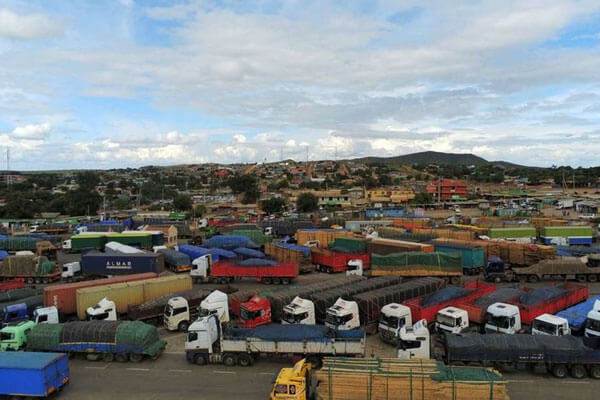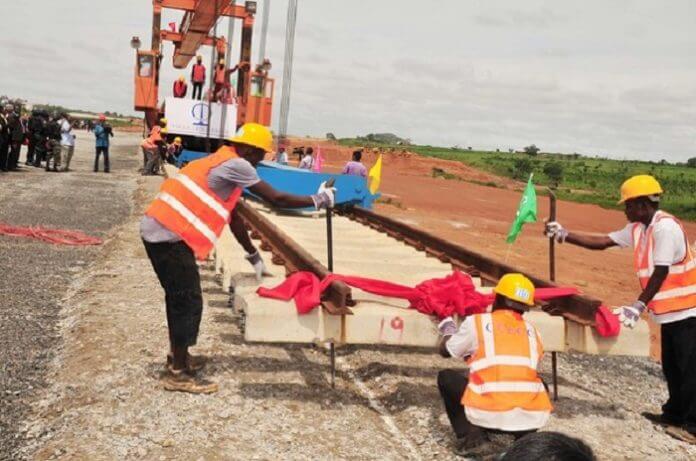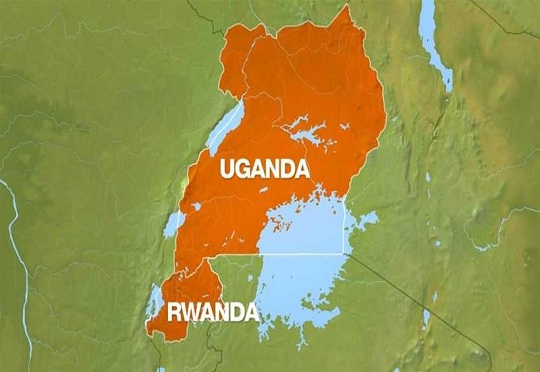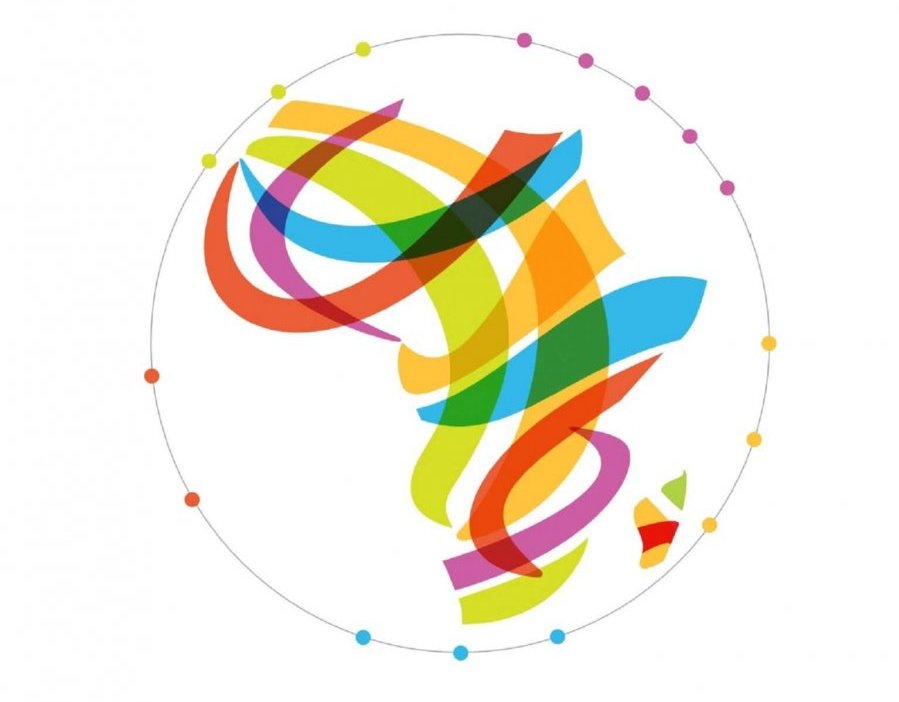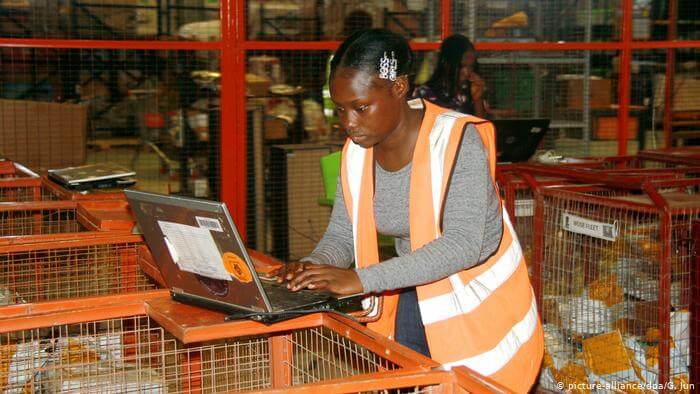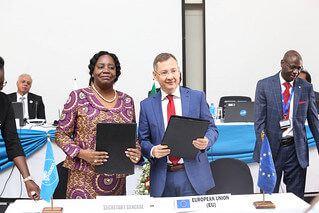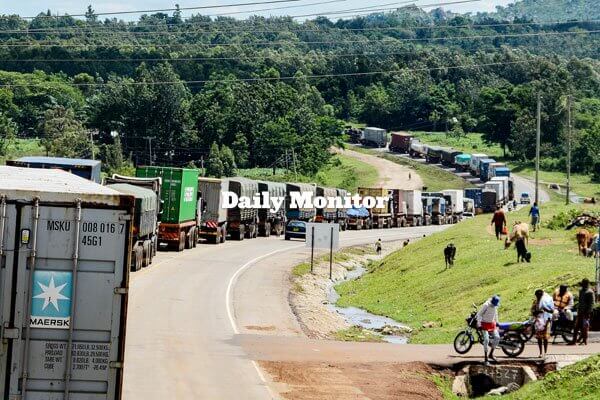As Covid-19 caseload surpassed 225,105 on Saturday across the African continent, 43 African countries are now under full border closure due to the rapid spread of the coronavirus. The death toll from the pandemic has reached 6,040, while some 102,846 people have recovered, according to the latest data from the Africa Centres for Disease Control and Prevention (Africa CDC). The Africa CDC said that the northern African region is the most affected area across the continent both in terms of positive Covid-19 cases and the number of deaths. HIGHLY AFFECTED The highly affected African countries include South Africa, Egypt, Morocco, Djibouti, Nigeria, and Algeria, said the specialized healthcare agency of the African Union (AU) Commission. Some countries on Saturday reported new records for their daily increases in Covid-19 infections. Egypt registered 1,677 new Covid-19 cases in the last 24 hours, the highest daily surge so far, raising the national count to 42,980, the Egyptian health ministry said. The country has also reported a record single-day increase of 62 in Covid-19 deaths, taking the death toll to 1,484, said Khaled Megahed, the health ministry's spokesman. Ethiopia, Africa's second most populous nation with a population of about 107 million, reported 268 new cases on Saturday, the highest daily increase so far, taking the country's tally to 3,166, the Ethiopian Ministry of Health said. WORST HIT South Africa, the worst-hit country on the continent, has registered a total of 65,736 cases and 1,423 deaths so far, according to Johns Hopkins University's latest tally....
Borders of 43 African countries closed as virus cases top 225,000
Posted on: June 29, 2020
Posted on: June 29, 2020

